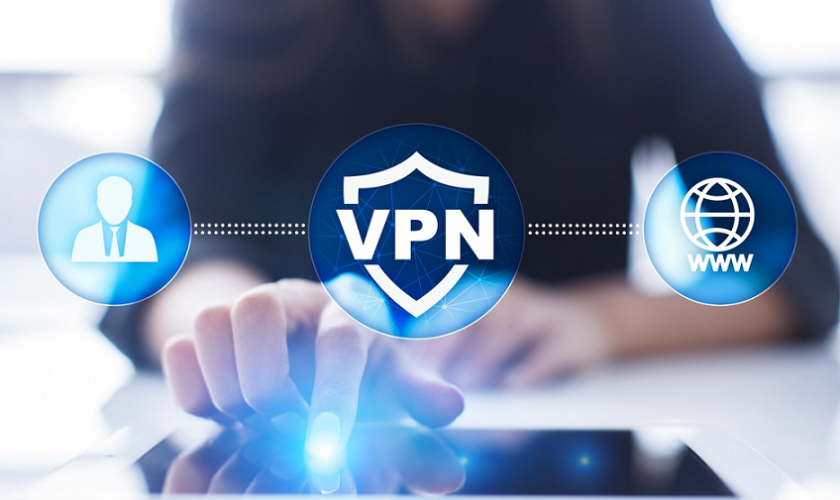The question “What is a free VPN?” should be answered in light of the increasing number of cyberattacks and data breaches, as well as the rise of government surveillance. Free public networks are not very secure and anyone with the right equipment can capture the data packets from your devices to the routers and websites you visit. This means hackers can access your login details and any other information you enter on a website. A free VPN or VPN gratis protects your data on public networks and is, therefore, an excellent choice.
The main concern with free VPNs is that they often come with malware that infects your device. They also do not come with built-in ad blockers, which means the risk of infection is significantly higher. If you’re worried about privacy concerns, consider using a paid VPN instead. Moreover, free VPNs can be extremely insecure. Fortunately, you can download a free VPN from official websites, and use it on as many devices as you want.
The most important feature of a free VPN is the fact that it does not cost you a cent. Most of them limit their services, forcing you to pay for full access to their software. In addition, there are some that even sell your personal information to make money. As a result, you should read the terms and conditions of the service you’re using to avoid getting scammed. In the end, it is better to use a paid VPN than to go online without a VPN.
Is Using a Free VPN Safe?
Choosing a free VPN service isn’t as simple as picking a popular app. Many of them are not reputable and may sell your information to cybercriminals or spam you with ads. In fact, some VPN services even sneak ad-serving trackers through your browser’s media-reading features. This isn’t a good thing! So is it safe to use a free VPN service?
Some free VPN apps expose your identity to third parties. These programs may not have proper DNS leak protection or a kill switch, exposing your information. Also, most of them only provide PPTP and L2TP protocols. Furthermore, some of them don’t even offer a VPN service, instead of working as a proxy and leaving your IP address in the open. If you’re looking for a free VPN, make sure you’re using one that follows industry best practices.
Free VPNs have a few downsides. Many lack basic functionality, including a kill switch, and they have no DNS leak protection. You could potentially lose your privacy by using a free VPN, revealing your real identity and information. Moreover, the L2TP and PPTP protocols aren’t the best for your security. Some of these apps simply work as proxy servers and leave your IP address exposed.
What Are the Disadvantages of a Free VPN?
A free VPN service comes with a number of drawbacks. Firstly, the software is generally unreliable and has little or no customer support. Secondly, the service is usually limited in traffic – between 100 MB and 2 GB per month. Consequently, it may be impossible to do any serious browsing if you are using a free VPN. Moreover, free VPNs may also contain malware and other unwanted software.
The main disadvantage of a free VPN service is that they are not always secure. In order to generate revenue, they need to collect data from their users and use them for marketing purposes. This leads to slower connection speeds. You may have to wait a while before you can access a website. Moreover, there is a danger of receiving unsolicited emails and spam. Thus, a free VPN is not recommended for everyone.
Another disadvantage of a free VPN is that its servers may use lower levels of encryption, which can disrupt geo-restrictions. Furthermore, a free VPN does not provide much customer support, which is a major drawback. Further, a free VPN service may not be suitable for users who are less tech-savvy. There is no guarantee that the VPN will work in your country, but it’s worth trying.
Benefits of a Paid VPN
Purchasing a paid VPN service allows you to get more for your money. It will keep you safe from the dangers of overusing a public Wi-Fi hotspot and will prevent you from breaking the terms of service of your internet service provider. Most VPN services offer a free trial of their services so you can try them out before you make a decision. A paid VPN offers a wide variety of features and can be worth the extra money.
Access to blocked websites:
A paid VPN will protect you against websites that block users based on their location and browsing habits. Most people use the internet while traveling, and this can cause a variety of problems. Some websites have geo-location-shifting features that can help you access blocked websites. Another advantage is the fact that you won’t be restricted from the websites you visit. Even better, if you’re a mobile user, you’ll have unlimited data.
Price discrimination:
You’re more likely to experience higher prices when using a free VPN. This practice is common among internet service providers in the United States. It’s a problem affecting millions of users worldwide. However, with a paid VPN, you won’t be tracked or monitored by these companies. These sites will be less likely to spy on you if you use a VPN.

